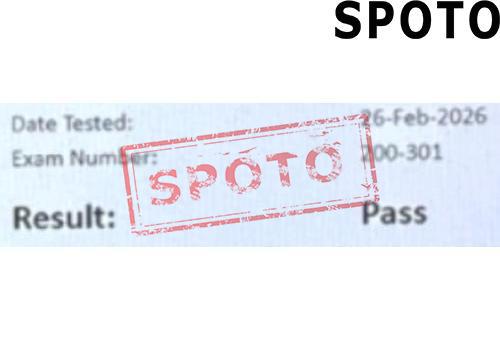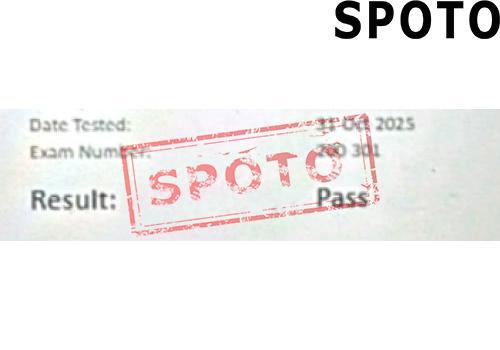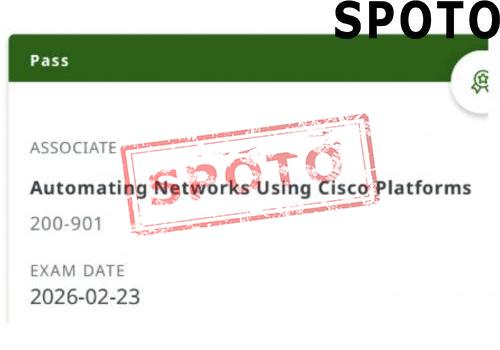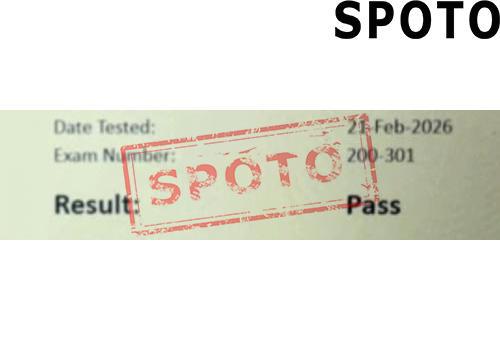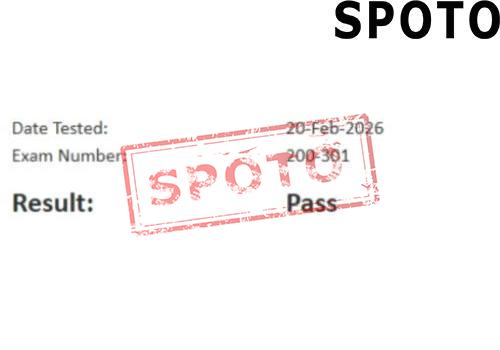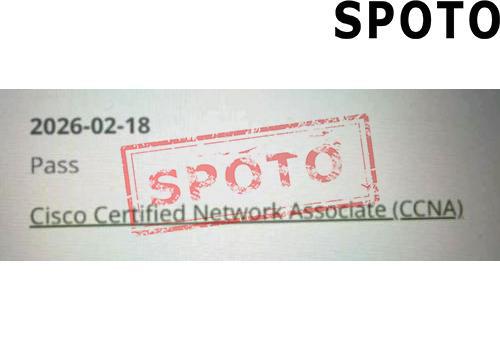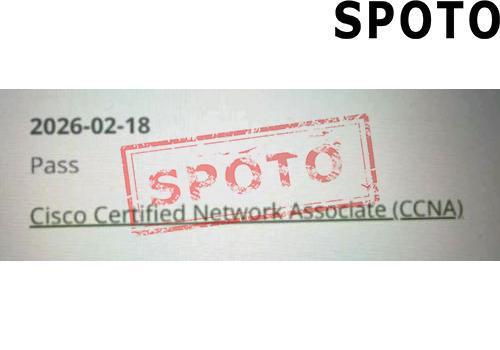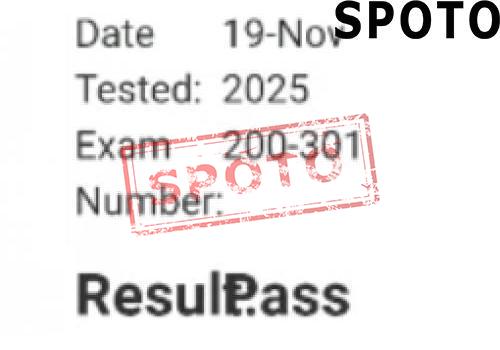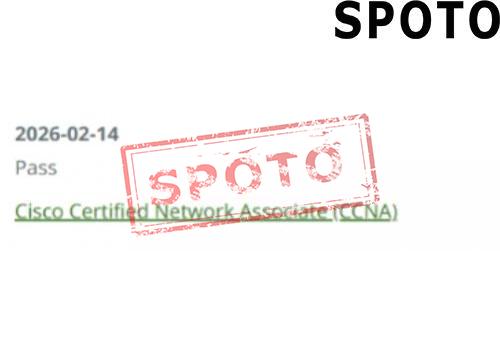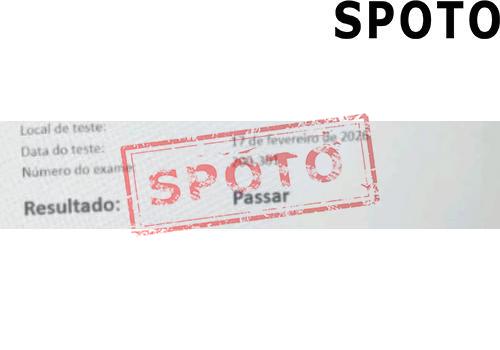
Table of Contents
The Cisco Certified Network Associate (CCNA) is one of the most respected entry-level IT certifications in the world. Whether you’re aiming to become a network engineer or just getting started in IT, CCNA can open the door to many career opportunities.
In this article, we’ll explain what the CCNA certification is, what it covers, how to get certified, and why it matters in today’s tech-driven job market.
What Is the CCNA Certification?
The CCNA (Cisco Certified Network Associate) certification is offered by Cisco, a global leader in networking and IT infrastructure. It validates a candidate’s ability to install, configure, and troubleshoot networks, and it serves as a foundational certification for networking professionals.
The CCNA certification proves your knowledge in:
-
Networking fundamentals
-
IP connectivity and IP services
-
Security fundamentals
-
Automation and programmability
-
Network access
This makes the CCNA ideal for entry-level IT roles and a launchpad for more advanced Cisco certifications like CCNP and CCIE.
Why Is CCNA Important?
The CCNA certificate is globally recognized and shows employers that you have the practical skills to manage real-world network systems. It’s especially valuable for those entering the IT industry or looking to switch to a network-focused role.
Key Benefits of CCNA:
-
Enhances your credibility in the IT job market
-
Opens doors to roles like network technician, help desk engineer, or junior network administrator
-
Provides the foundation for higher-level Cisco certifications
-
Helps you stand out in interviews and on your resume
What Does the CCNA Exam Cover?
The current CCNA exam (200-301) covers a broad range of IT and networking topics, including:
| Domain | Coverage |
|---|---|
| Network Fundamentals | Routers, switches, cabling, IP addressing |
| Network Access | VLANs, trunking, wireless access points |
| IP Connectivity | Routing protocols like OSPF |
| IP Services | DHCP, NAT, QoS |
| Security Fundamentals | Threats, vulnerabilities, firewalls |
| Automation & Programmability | APIs, configuration management tools |
The exam is 120 minutes long and includes multiple-choice, drag-and-drop, and simulation-based questions.
How Do You Get CCNA Certified?
To earn your CCNA certification, you need to pass the Cisco 200-301 CCNA exam. There are no formal prerequisites, but having a basic understanding of networking concepts and some hands-on lab practice will increase your chances of success.
Steps to Get CCNA Certified:
-
Study the exam topics listed on Cisco’s official site
-
Use practice exams and CCNA training courses
-
Take hands-on labs using network simulators or real equipment
-
Register for and pass the CCNA 200-301 exam
What Jobs Can You Get with a CCNA Certification?
The CCNA certificate qualifies you for a variety of IT roles. Some common jobs include:
-
Network Technician
-
Network Support Engineer
-
Help Desk Technician
-
IT Support Specialist
-
Junior Network Administrator
With more experience, CCNA holders often move into roles such as Network Engineer, Systems Administrator, or Security Analyst.
CCNA Salary Expectations
According to various salary surveys, professionals with a CCNA certification can earn anywhere from $60,000 to $90,000 annually, depending on experience, location, and job title. While the CCNA is an entry-level credential, it sets the foundation for higher-paying certifications and career growth in the networking field.
Is the CCNA Certification Worth It?
Yes, the CCNA is worth it for anyone starting a career in networking or aiming to strengthen their foundational IT skills. It validates your technical knowledge, boosts your resume, and increases your chances of landing an IT job faster.
